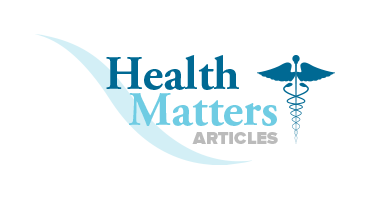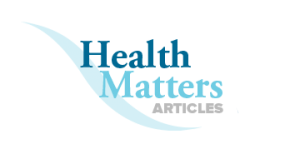Know your risk to prevent drownings

Each day, about ten people die from drowning, and two of them are age 14 or younger. Flood waters represent a clear danger, but drowning can happen quickly, even in pools with lifeguards. Nearly three-quarters of those deaths are associated with alcohol.
Helping Kids & Teens Navigate Social Media

Here are some tips for parents from our Director of Behavioral Health on helping children and teens avoid some of the pitfalls of social media use.
Plan Ahead for Yellow Fever Vaccine Shortages

After manufacturing problems led to a yellow fever vaccine shortage, the number of clinics offering the vaccine plunged from 4,000 to 250. RiverStone Health is the only place in Montana that can administer the yellow fever vaccine, which makes it critical for travelers to plan ahead.
Medicine and Other Strategies Help Manage Chronic Pain

Managing chronic pain usually focuses on alleviating pain and increasing function, as Dr. Alexander Nutt, a resident physician with the Montana Family Medicine Residency at RiverStone Health, points out in this Billings Gazette column.
Tobacco Can Affect Pregnancy

In this Billings Gazette column, Eden Sowards, our Tobacco Prevention Health Specialist, tells why pregnancy and smoking don’t mix. Because tobacco use can harm both mother and unborn child, pregnant women can get special help quitting from the Montana Tobacco Quit Line.
Keep Children’s Vaccinations On Schedule

Immunization can protect infants from 14 serious childhood diseases before age 2. Keeping your child’s vaccinations current provides the best possible protection, as this Billings Gazette by Karmen Hammermeister points out.
HPV Vaccine Protects Against Cancer

Cervical cancer is almost always caused by the human papillomavirus, commonly called HPV. Only females can get cervical cancer, but both males and females can get HPV and spread it to others. In this Billings Gazette column, Shawna Coleman, a Health Prevention Specialist, offers even more reasons why all youngsters should get the HPV vaccine.
Let Others Know Your End-of-Life Wishes

You can’t predict what the future holds, but you can think about your values, your beliefs and what’s important to you, according to Linda Roers, a geriatric educator at RiverStone Health. Find out more about advance planning, which lets others know how you would like to be cared for at the end of your life.
Making a Difference During Public Health Week

Our Vice President of Public Health Services shares how you can make a difference in the health of your community.
Cancer Screening Can Save Lives

Only 62 percent of Montanans are up to date on their screenings for colorectal cancer. In an effort to increase screening rates and save lives, each patient over age 50 at RiverStone Health Clinic — no matter their insurance status or ability to pay — is offered a free FIT test during appointments. The yearly FIT test is a take-home screening test for colorectal cancer.


